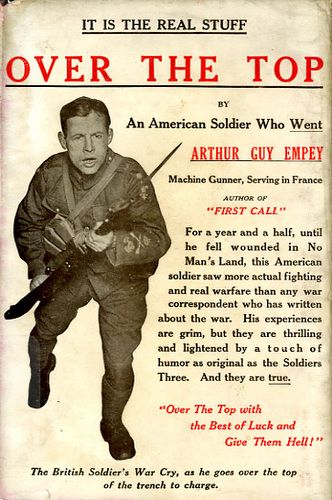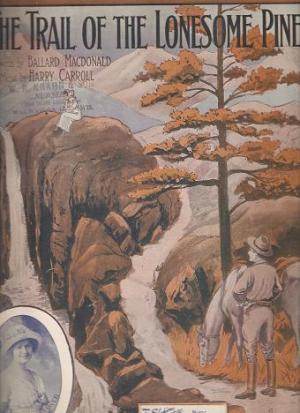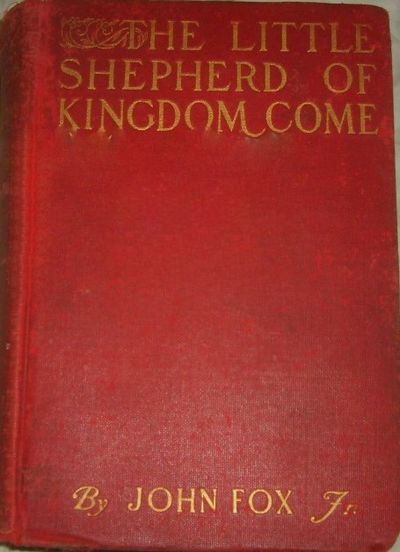The librarian for Camp Funston, W.H. Kerr, answered the above headline question in the Kinsley Mercury article referenced in the last post (January 31, 1918). “He told of one young fellow who read continuously throughout the formal opening of the library and the program and seemed perfectly oblivious to everything that was going on around him. One soldier remarked that he was the ‘end of civilization’ after he had spent the good share of one day looking through the volumes, copying the pictures, reading magazines, and perusing several books. So anxious to read are some of them that when closing time comes, they are forced to find other reading quarters, and some have had to resort to bath houses and in fact any place where the light was burning.”
Today, many of the books that Mr. Kerr mentioned as being most popular, have been mainly forgotten. Because the men were being sent to Europe to fight the Germans, “My Four Years in Germany” was often requested. It was written by James W. Gerard, the recently recalled U.S. Ambassador to Germany. The soldiers were also anxious to know about the war they would be going to, and that made “Over the Top” popular reading. It was a firsthand account by Arthur Guy Empey, an American soldier in the British army. Books by Harold Bill Wright (novelist, essayist, and nonfiction writer) and John Fox Jr. (journalist, novelist, and short story writer) were also very popular, along with the poetry of Rudyard Kipling and James Whitcomb Riley.You can still find poetry by Kipling and Riley and two of Fox’s books, “The Trail of the Lonesome Pine” (c. 1908) and “The Little Shepherd of Kingdom Come” (c. 1903) on our library shelves.


The article said that medical, surgical and veterinarian books were especially needed. “Such books as these are for specialty work and therefore old editions cannot be used,” said Mr. Kerr. “Many libraries cherish old books, but nothing of the sort is needed at Funston.”
Classes were taught by Y.M.C.A. educational workers at the camp. One mentioned had 30 classes in the barracks studying current history, geography, spelling and other subjects taught in schools but at a more advanced level. “When Mr. Kerr spoke before some high school pupils of the need for such books as algebra and geometry, etc., many of the pupils cheerfully volunteered to give up their books in order that the boys at Funston might get the practical use of the books.”
The article stated that many newspapers from around the country answered the call for reading material by sending one or five copies to each camp. These were distributed to the Y.M.C.A. halls according to the home locations of the soldiers assigned to each. Mr. Kerr said, “We have made it our business to find out where the boys are located as we know that most of the Kansas boys are in the 353rd regiment, so we send what extra copies we have of their home papers to Y.M.C.A. No. 7 and we know they will stand a better chance of hearing the news from home.”
When a soldier’s time was up at Camp Funston and they were being shipped out to France, they were given reading material to take with them. Packages of reading materials were also sent to the hospitals and infirmaries. Libraries would continue to play a role of securing books for the men throughout the war.


